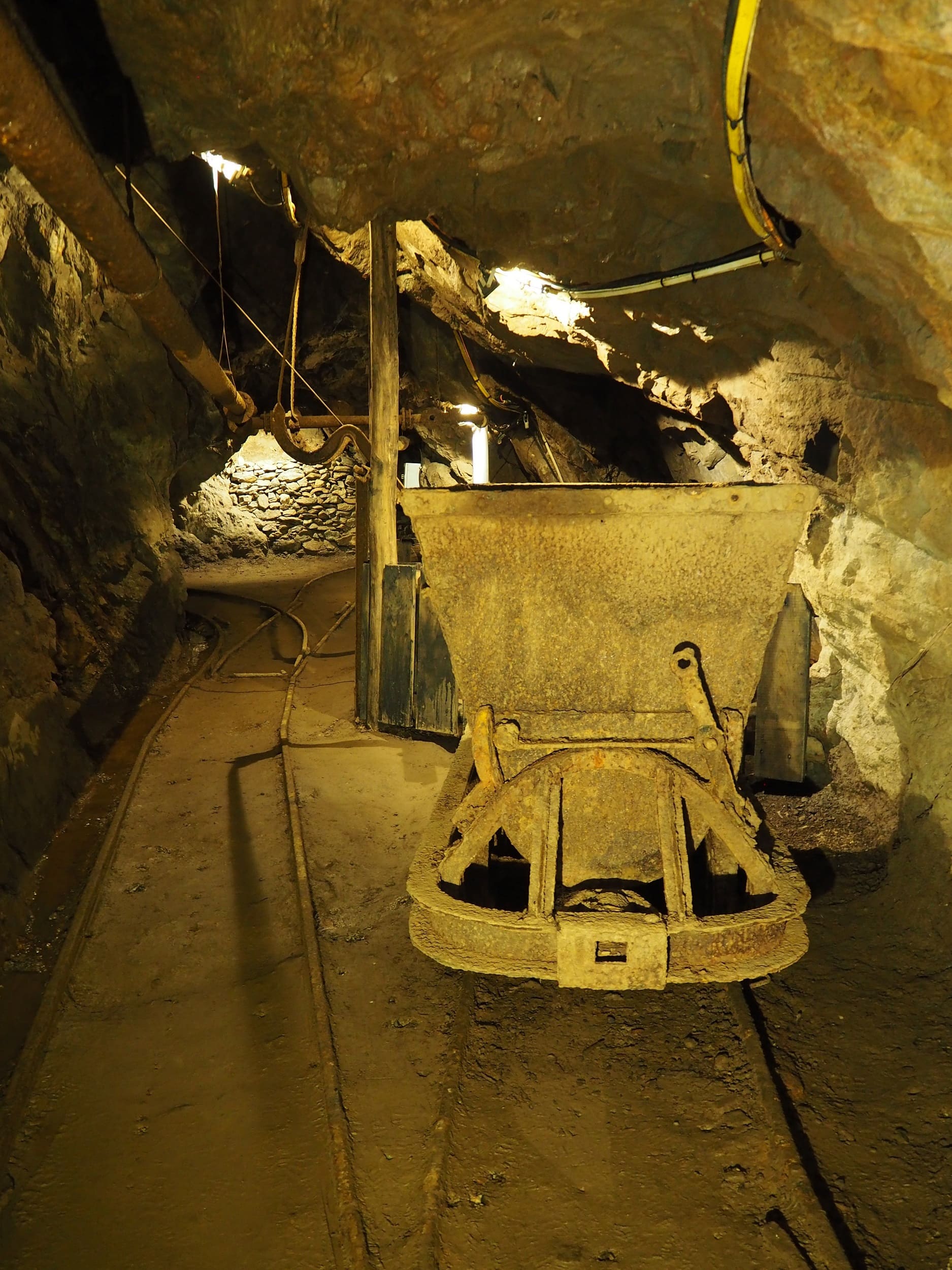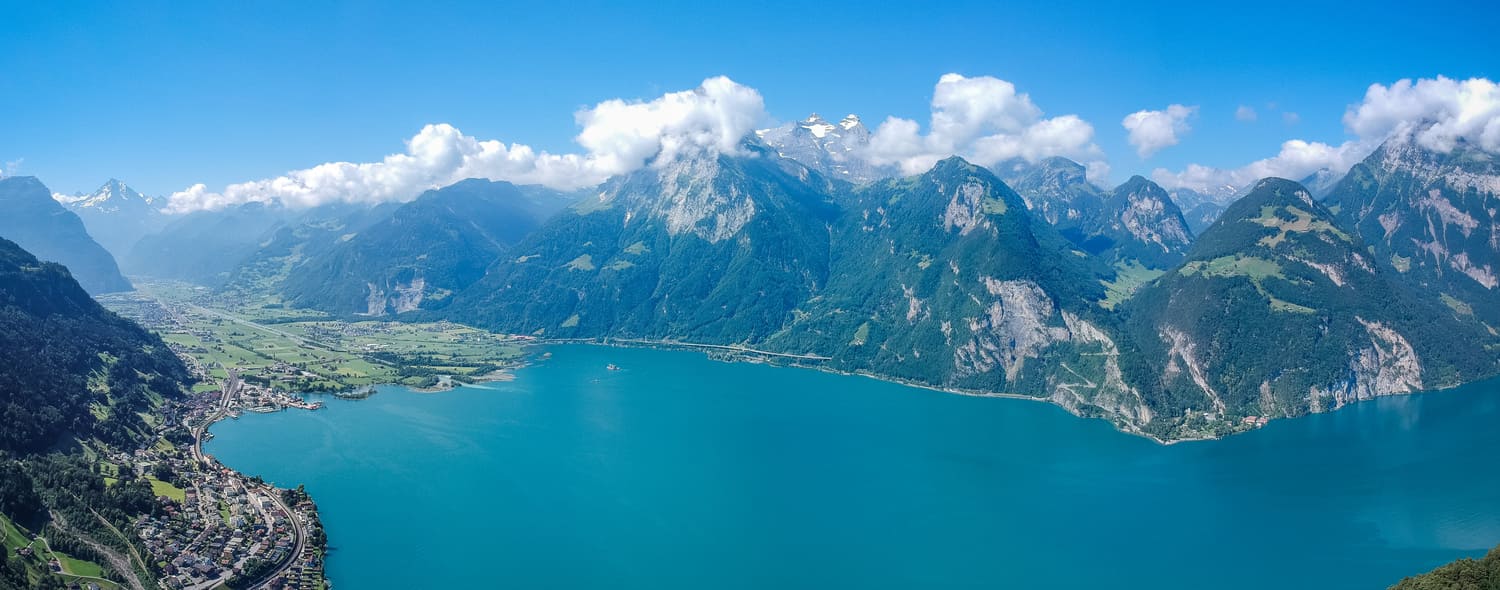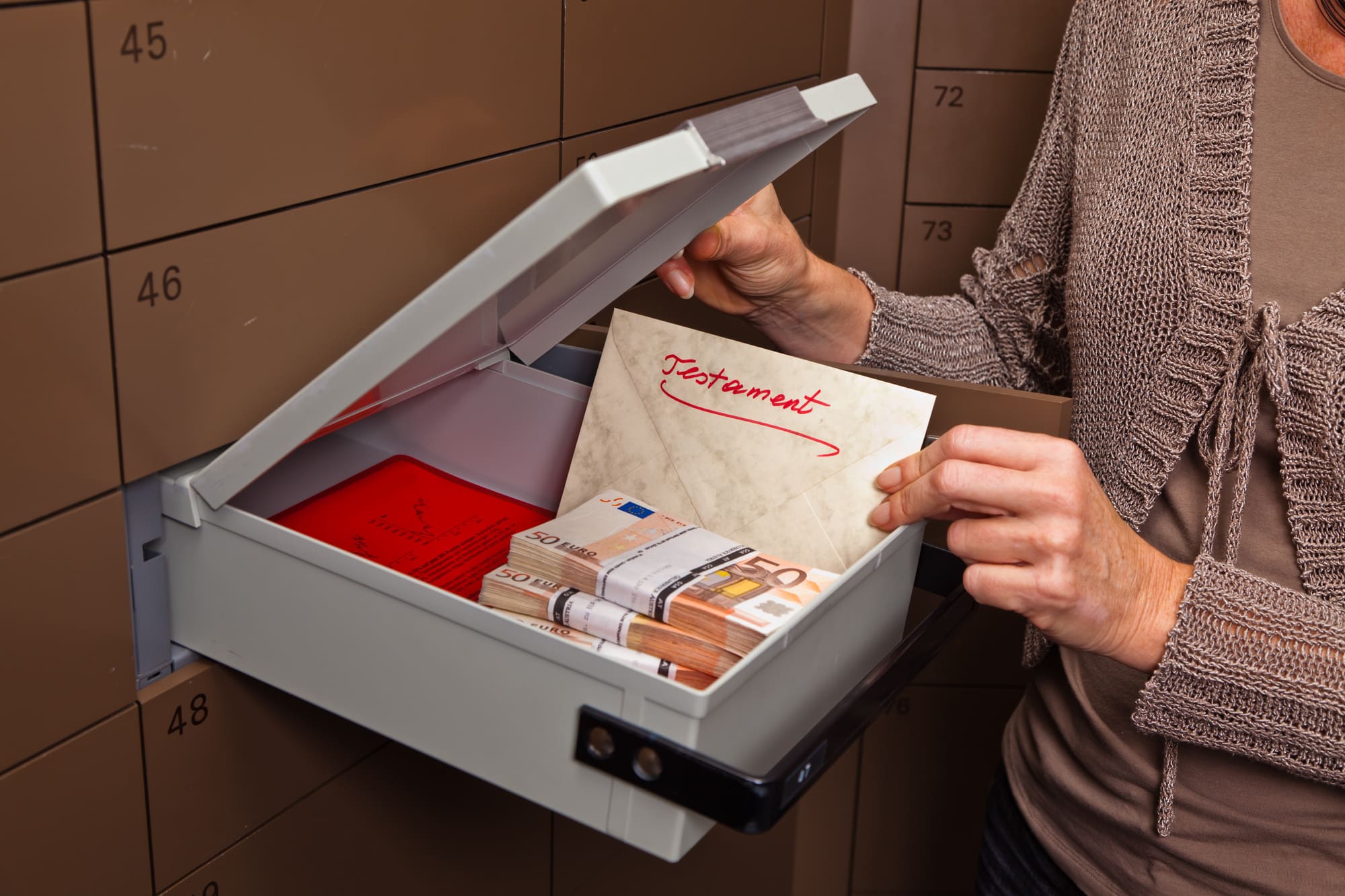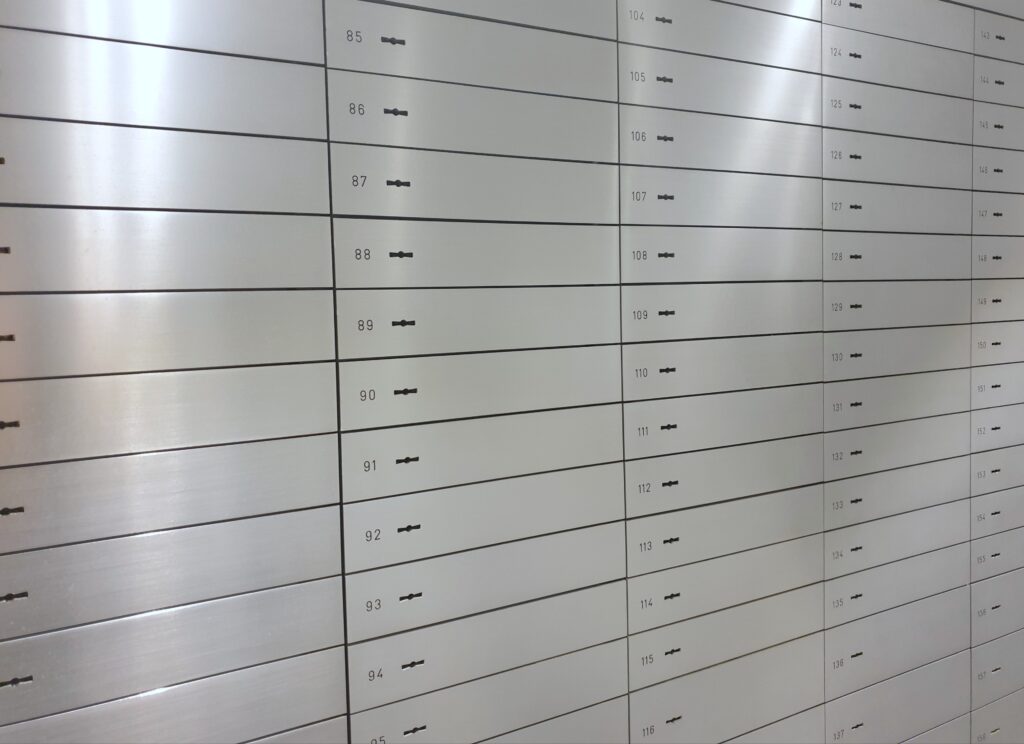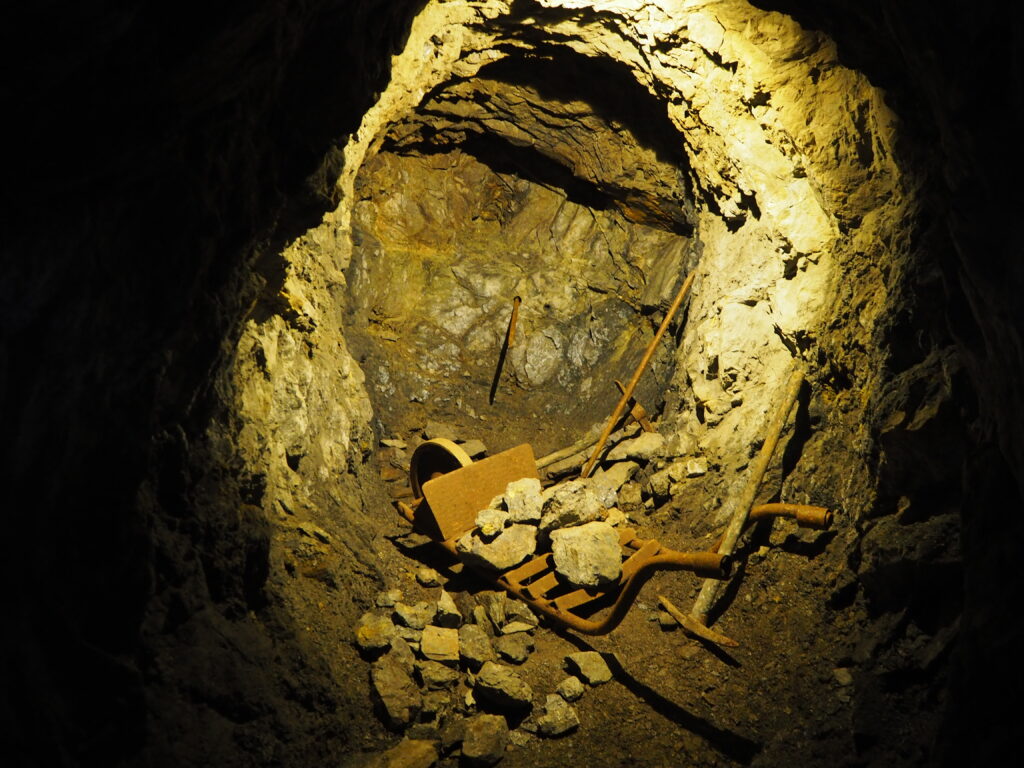Emergency law and expropriation: a comparison between Switzerland and Liechtenstein
Additional information > Prevailing conditions for value storage in Switzerland and Liechtenstein > Emergency law and expropriation: a comparison between Switzerland and Liechtenstein
Note: This article makes no claim to be fully complete and, explicitly, it does not constitute legal advice. In short, it is for the purposes of guidance only. For authoritative information, we recommend that you contact a lawyer of your own choice.
Many investors diversify their portfolios. Gold can play a role in such divestment, not only to protect against inflation, but also to take ownership of an asset that can be held outside of the banking system. In this case, safe deposit boxes independent of the banking system are particularly useful.
When making their minds up about which sort of safe deposit box to opt for, investors are forced to weigh up the risks of different locations in order to safeguard the gold they store in them. In this context, the constitutional provisions on emergency laws and the regulations concerning expropriation, or repossession, in Switzerland and the Principality of Liechtenstein come up in discussion from time to time.
Emergency law in Liechtenstein
Both countries have provision for emergency laws at the constitutional level. In the Principality, Article 10 regulates emergency ordinances by the Prince:
1) The Reigning Prince shall take, through the Government and without participation of Parliament, the measures necessary for the execution and implementation of the laws and the measures pursuant to his rights of administration and supervision and shall issue the appropriate ordinances (article 92). In urgent cases, he shall take the necessary measures for the security and welfare of the State.
2) Emergency decrees may not suspend the Constitution as a whole or individual provisions thereof but may only limit the applicability of individual provisions of the Constitution. Emergency decrees may not curtail the right of each person to life, the prohibition of torture and inhuman treatment, the prohibition of slavery and forced labour, or the principle of nulla poena sine lege. Moreover, the provisions of this article, of articles 3, 13ter, and 113, and of the Law on the Princely House may not be limited by emergency decrees. Emergency decrees shall expire at the latest six months after they have been issued.
Emergency law in Switzerland
In Switzerland, it is Article 185 of the Federal Constitution that formulates the use of emergency laws:
1 The Federal Council takes measures to safeguard external security, independence and neutrality of Switzerland.
2 It takes measures to safeguard internal security.
3 It may in direct application of this Article issue ordinances and rulings in order to counter existing or imminent threats of serious disruption to public order or internal or external security. Such ordinances must be limited in duration.
4 In cases of emergency, it may mobilise the armed forces. Where it mobilises more than 4,000 members of the armed forces for active service or where the deployment of such troops is expected to last for more than three weeks, the Federal Assembly must be convened without delay.
Comparing the emergency law regulations in Switzerland and Liechtenstein
The aforementioned respective constitutional passages are very similar in meaning. In emergencies, both countries are allowed by their constitutions to take measures for security and welfare under reserve powers. While the Swiss constitution emphasises security, independence and neutrality, the Liechtenstein one speaks of the security and welfare of the state. In the case of Switzerland, the executive measures are assigned to the Federal Council. In Liechtenstein, however, it is the Prince Regnant who can make use of the emergency legal framework. Both constitutional provisions also make clear that any emergency law ordinances that might be invoked are limited in time. In the case of Liechtenstein, emergency ordinances expire no later than six months after their enactment. With Switzerland, on the other hand, the constitutional framework does not specify an exact period.
As the two constitutional texts show, there are no fundamental differences between Switzerland and the Principality of Liechtenstein with regard to emergency law. From a constitutional perspective, it is not clear whether investors in one of the countries are better off and more protected from emergency regulations in any clearly meaningful way.
Does emergency law or a state of emergency affect property rights?
Simply put, the question will undoubtedly arise as to what extent emergency law provisions allow for general restrictions on property rights. In Switzerland, this question was discussed primarily in the context of so-called potentate funds. In the wake of the Arab Spring, the Federal Council decided, based on emergency law, to freeze the assets held by potentates in Swiss bank accounts. The procedure under the emergency law sections of the constitution – especially after their repeated application – was viewed as unsatisfactory from the point of view of the rule of law. As such, a law on potentate funds had to be created in Switzerland to deal with the issue outside of emergency law.
As this case shows, restrictions on property rights have already been implemented in Switzerland on the basis of emergency law. However, these should only be viewed within the specific context of the potentate funds issue. Nevertheless, this example also clearly shows that the application of emergency law must, in any case, follow a concrete form of public interest. Furthermore, it also adequately demonstrates that the Federal Council cannot avoid a legal basis for taking the steps it wants to enact. Outside of this framework, no direct asset freezes or confiscations are known in recent history. Because invoking emergency law causes a state of emergency, resulting from an endangerment of internal and external security, it is not directly related to the freezing or expropriation of assets such as gold. In theory, such a thing is conceivable. However, there are limits to emergency law in practice (at least in a dogmatically legal sense), which is why such measures do not constitute a free pass for property restrictions.
The law of expropriation
Comparing the Principality of Liechtenstein to Switzerland, it should be noted that the latter also affords an expropriation law. However, it is hardly plausible that this legal framework increases the risk of expropriation for gold holders in Switzerland. For example, the purpose of the expropriation law is not aimed at seizing goods. It encompasses infrastructure and property, i.e. land property in the broadest sense. Assets that are not in the ground as raw materials can hardly be seized, provided that they are not necessary for the purposes of expropriation or that they can also be used independently of the property (see Art. 11 EntG). In our specific case, this means that gold, which is stored and held securely in physical form in a storage facility (for example, in a safe deposit box), is not covered by this law because it can be separated from the land where it is held.
Apart from that issue, such an encroachment on the guarantee of property rights via expropriation regulations, which is protected by fundamental rights anyway, would, in turn, require an appropriate legal basis in the form of a law that has been enacted in a formal sense. In the Swiss federal constitution, property rights are guaranteed in Article 26. It also follows from Article 36 of the Federal Constitution which states that a restriction of fundamental rights requires a proper legal basis. As a result, the Expropriation Act (EntG) as the sole law in this area is not sufficient. Furthermore, there must be a public interest in expropriation and that it must be proportionate, i.e. be suitable, necessary and reasonable. In Liechtenstein, Article 34 also guarantees the inviolability of private property. There is nothing similar to Article 36 as we know it from the federal constitution in Switzerland.
Conclusion:
The emergency law in Switzerland and the emergency regulations in Liechtenstein are subject to an extremely narrow legal framework and are, therefore, restricted by material limitations. In theory, freedom and property rights are clearly protected. In practice, it has been shown that, in individual cases, there have been certain interventions against certain individuals (potentate funds). Here, however, a public interest was clearly to the fore. Normally, gold ownership should be safeguarded due to the guaranteed property rights and the need for a legal basis to limit such rights. In conclusion, one thing can be said: in no other country in the world are precious metals as safe as they are in Switzerland and Liechtenstein.



